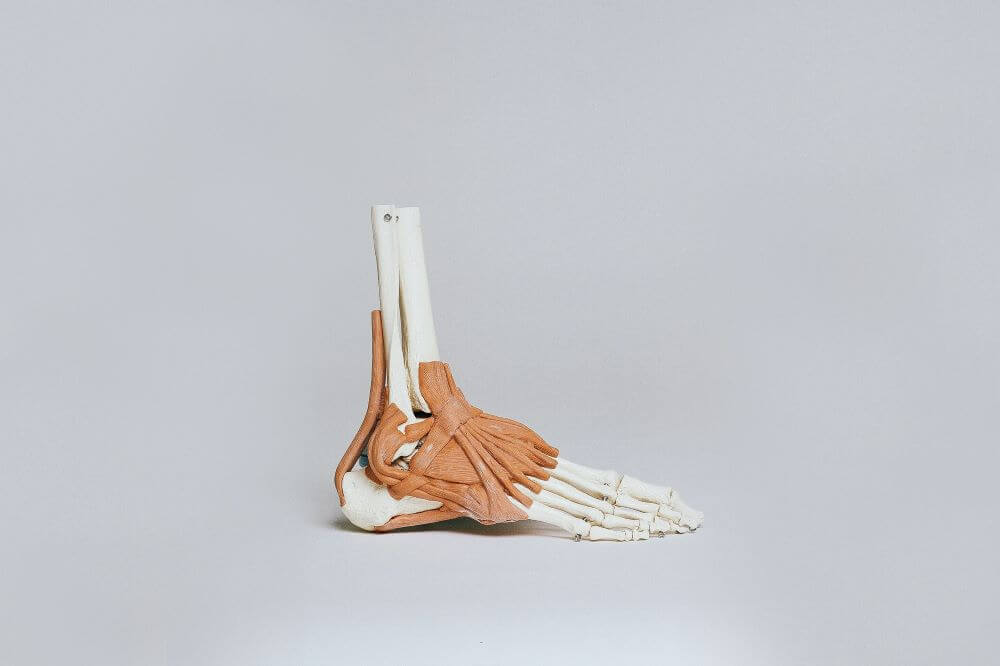Our feet are probably our most used and relied upon part of our bodies. But they can also be the most neglected body part too. Ironically, for something we use so often, our feet are quite low maintenance. But just because they are low maintenance, it doesn’t mean they should be ignored.
Chiropodist Justin Turner of Women’s College Hospital’s Foot Care Clinic says it’s crucial for us to, “take good care of them,” as for many of us we “often don’t look at our feet until they hurt.”
Taking Care Of The Feet
Essentially the rule to remember is to take care of them like you would other body parts!- Keep your feet clean and wash them daily (like the rest of your body). They should be totally dry before putting on socks and shoes.
- Maintain your toenails. They should be trimmed off and ensure the nail isn’t digging down the sides of your toe.
- Many peoples’ feet get dry and cracked, so using a moisturizing cream once a day is strongly recommended. Avoid putting any moisturizing cream in between your toes. Rather, keep the cream around your heels and the balls of your feet.
- Change out of your shoes each day. Inside them, sweat will build up and that dark, warm and wet environment is a perfect recipe for bacteria and fungus to grow if it stays that way. Let your shoes air dry after a long day so they’re fully dry and ready to go again for their next use. This will reduce embarrassing conditions like athlete’s foot from developing and foot odor. Not only is this good for your feet, but it will prolong the life of your shoes also.
- Certain people with medical conditions, including diabetes, need to pay particular attention to their feet. Chances of developing neuropathy (a loss of feeling in the feet) are higher amongst diabetics.

The Importance Of Good Shoes
A properly fitted and comfortable shoe is very important. It’s not worth injury and mobility problems in the future simply because of being stylish in the present. So, you may have to sacrifice looking good for feeling good.A mistake many people commonly make when it comes to shoe fitting is that while their size length may be correct, the size width of the shoes is not. If the shoe is too snug as the foot is too wide for it problems will arise. Conversely a very narrow foot in a wide shoe will allow the foot to move around too much, risking joint, tendon or muscle problems later on.
For women in particular, the height of a heel can be very problematic because it shifts too much weight down the foot, rather than an even dispersing of pressure and weight.
Chiropodists outline two factors when purchasing shoes:
- The price tag doesn’t necessarily equate to adequate support or comfort.
- Purchase shoes later in the day (not in the morning) as feet swell over the course of a day.
Bunions
Bunions are a common foot deformity for people. Usually bunions occur after repeated or prolonged use of a shoe that is too narrow, particularly for women.
“A bad fitting shoe will actually crush the foot.”
Bunions are difficult to get rid of once they form. Orthotics can slow its growth on the foot, but not actually make it go away. Surgery is the only real solution for bunions that are particularly hard to deal with. The further bad news here is that surgery isn’t always successful.

Other Foot Problems
The heel part of the foot is quite often a particular problem area for many people. Flat feet or very high arches and plantar fasciitis all contribute to debilitating heel pain. A chiropodist assessment will determine exactly what factors are contributing to foot pain. Often orthotics are prescribed to help alleviate foot pain once the specific cause is determined.Calluses and corns occur when uneven pressure is exerted on the foot, creating problem zones. Professionals can help remove calluses and corns, but if the uneven pressure in the foot isn’t corrected they will reappear.
Ingrown toenails are a painful problem and usually require physician’s help. Because of the high chance of infection if left unchecked, it’s important to get ingrown toenails assessed.
Nail fungus occurs from a lack of care also. Keeping feet dry and clean will avoid this.
The human foot works hard for us daily and needs to be kept in check daily. Problems left untreated now can be very detrimental later on. If you notice specific changes, both cosmetic and internal, then it’s best to get in touch with a physician or foot specialist as soon as you can.

